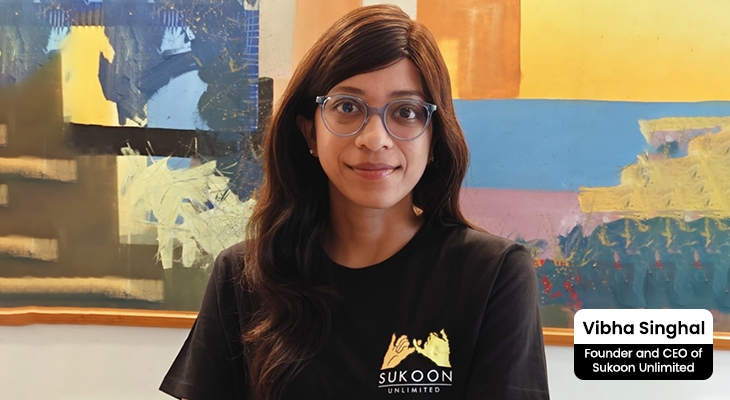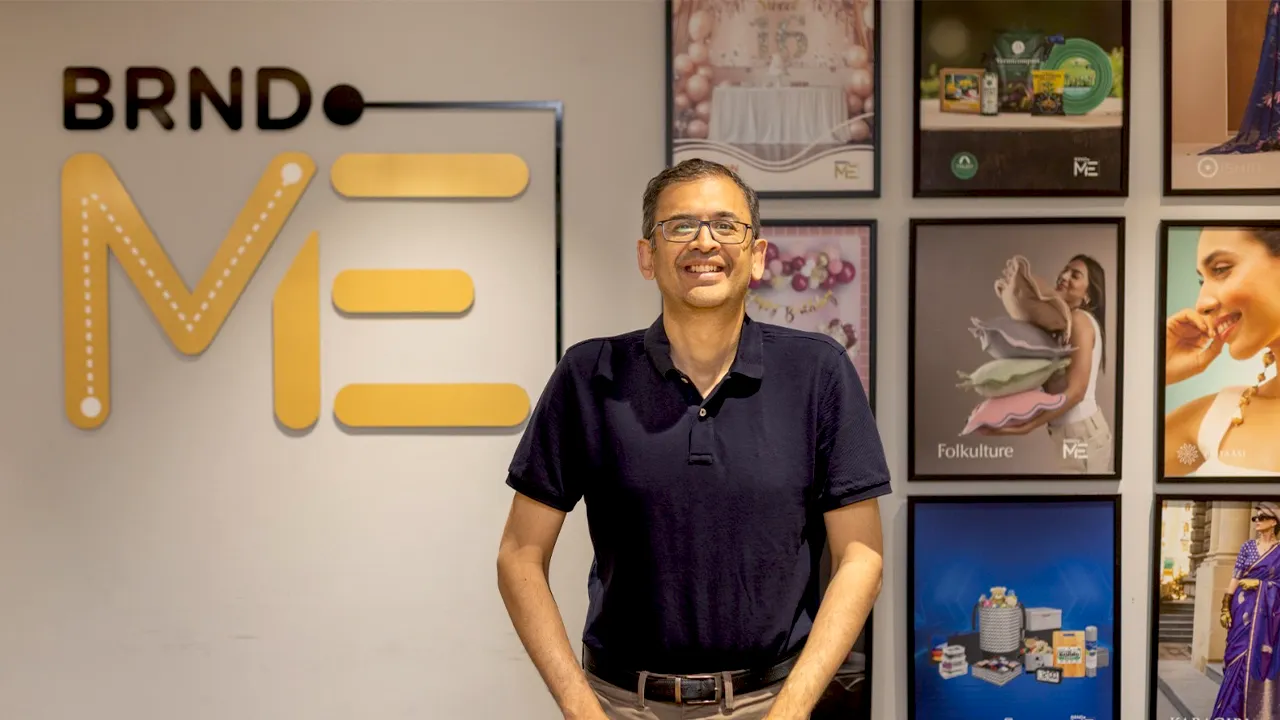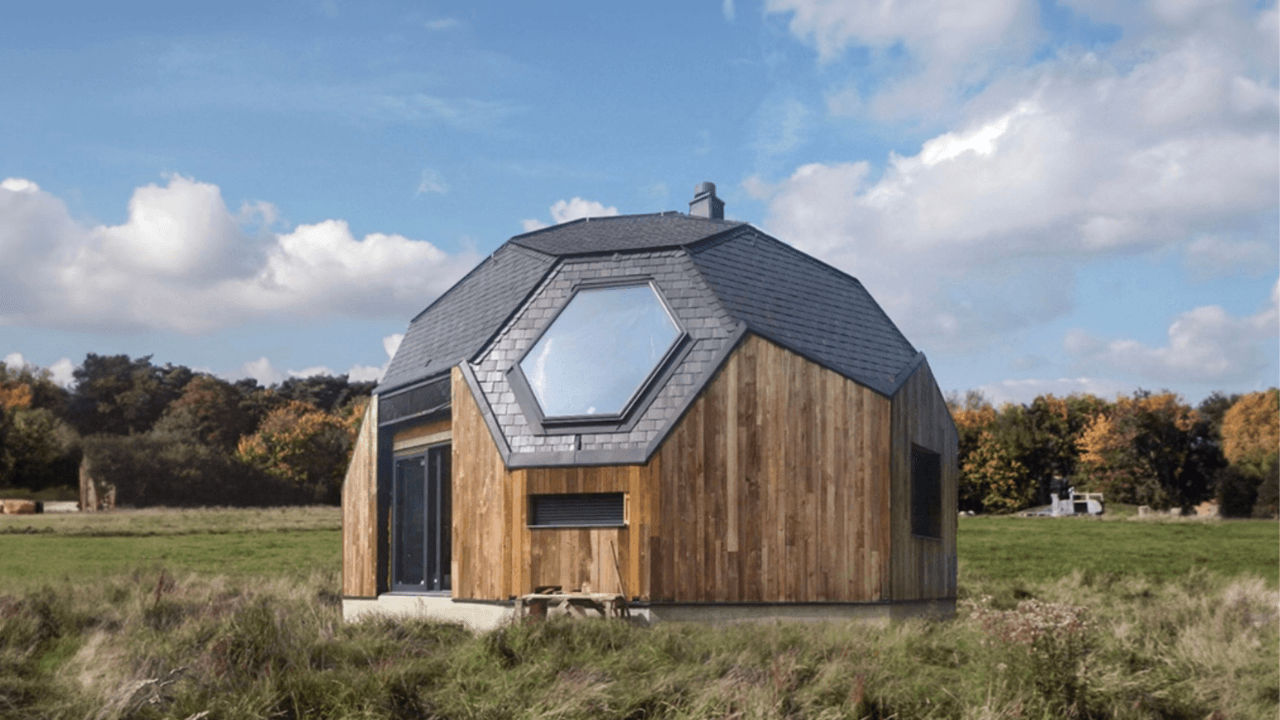Arras | Bringing the Sustainability and the Wondrous North Eastern Eri Silk to Your Doorstep
- ByStartupStory | December 1, 2020
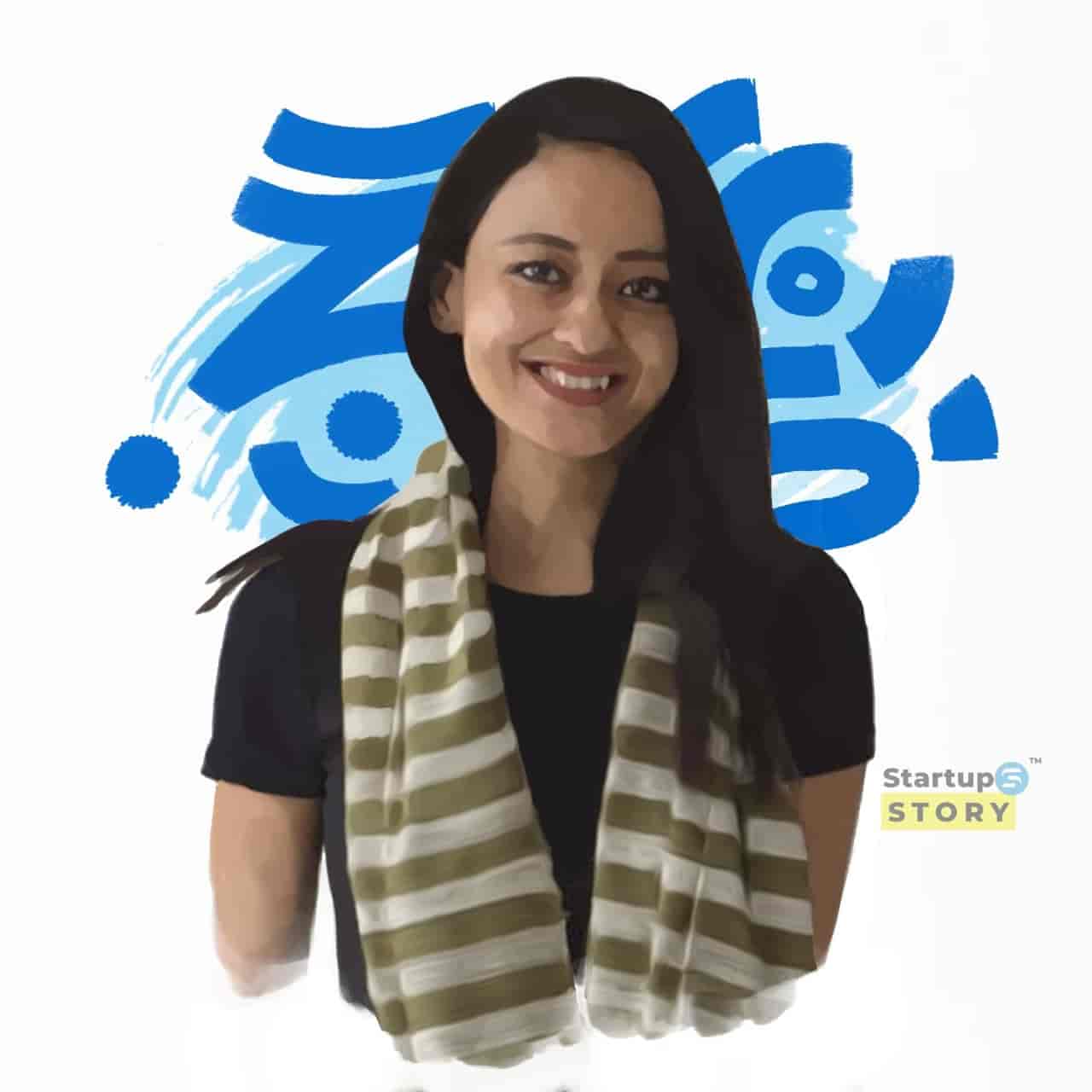
Did you know the lovely, soft and rich silk that is woven into enchantingly beautiful Sarees, Salwar suits, shirts, stoles and whatnot that we love so much to wear and to flaunt is produced by killing silkworms? I didn’t and it almost broke my heart.
That’s right. There is no way to go around it. At least that’s what I thought until I talked with the owner of this amazing natural clothing brand that I’m going to be telling you about!
Following the North-Eastern Roads to Passion
With all her love for the North-East India in her heart and a will to bring to the world the treasures of beauty the place held, Unmana Rynjah, an Economics grad and an MBA from Indian Institute of Foreign Trade, chucked her job at the glamorous and fabulous luxury brand Cartier to start something of her own.
With no set plan in mind and an unwavering ambition to discover and bring forth the forgotten bounty of the North-East, Unmana moved back to Guwahati, Assam, to pursue her passion in apparel retailing.
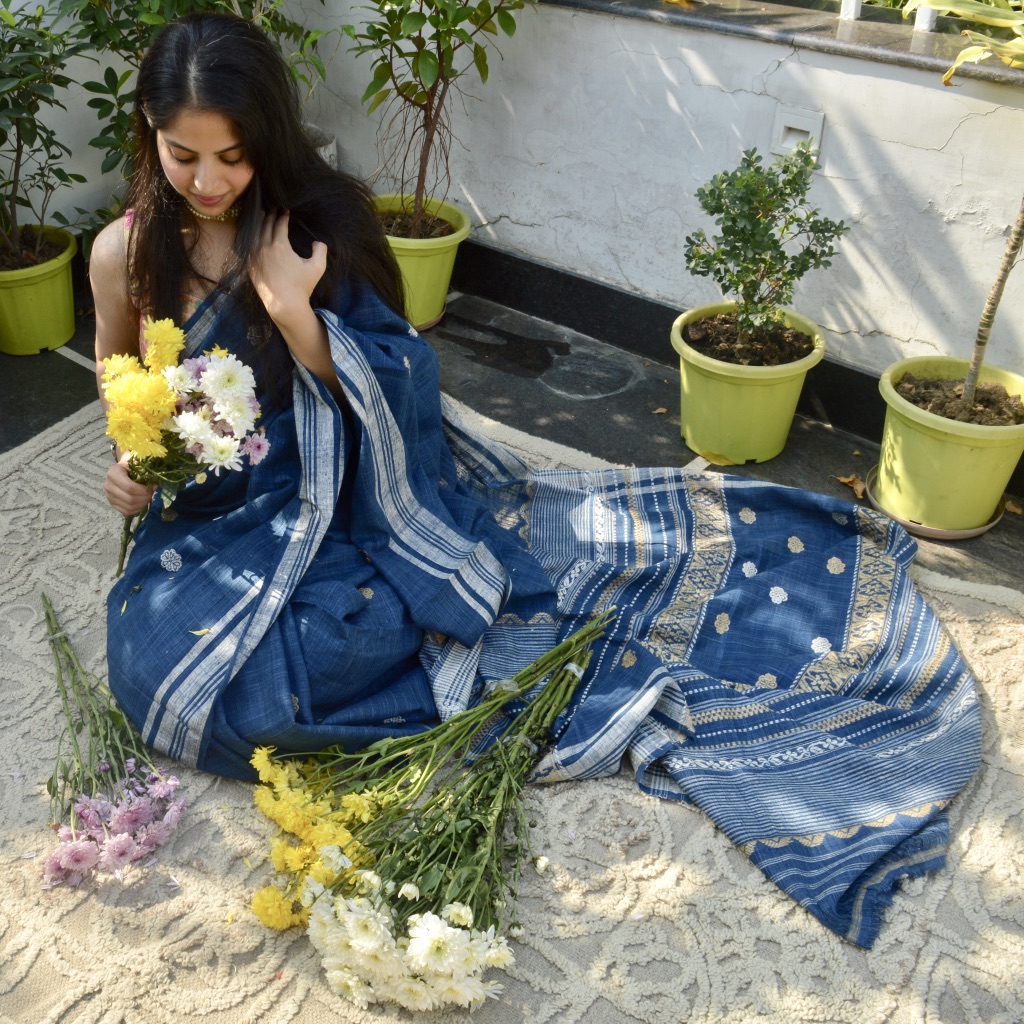
Re-discovering Lesser Known Treasures of The North East
Assamese and Khasi by descent, and a successor of a culturally rich heritage, Rynjah was determined to work on uncovering the handloom sector. The women in her family had a long history of prowess in the art of hand-weaving. Even as a kid she’d wear clothes that her mother wove for her.
“If you go to my ancestral village, you’ll find looms in most of the households”, she said fondly, “but the stuff they create is mainly for home consumption.”
She also expressed how the people there, are unaware of the market trends and the demand as regards hand-woven material. She added that people in Assam don’t wear Sarees as much.
They do wear what’s called a “Mekhela Chador” which is similar to a Saree, but are essentially not. Hence, except for Guwahati, Sarees aren’t that popular in the North-East.
Reuniting With Eri Silk
Realizing this fact in a new light, she started researching about the different fabrics or natural material that the North-East had to offer. She talked to several entrepreneurs who were working in the industry and she was reminded of the “Eri Silk” aka “The Peace Silk” or “The Ahimsa Silk”.
Basically, there are four types of natural silk that are produced in the entire world, namely, Mulberry, Muga, Tasar and the least known Eri.
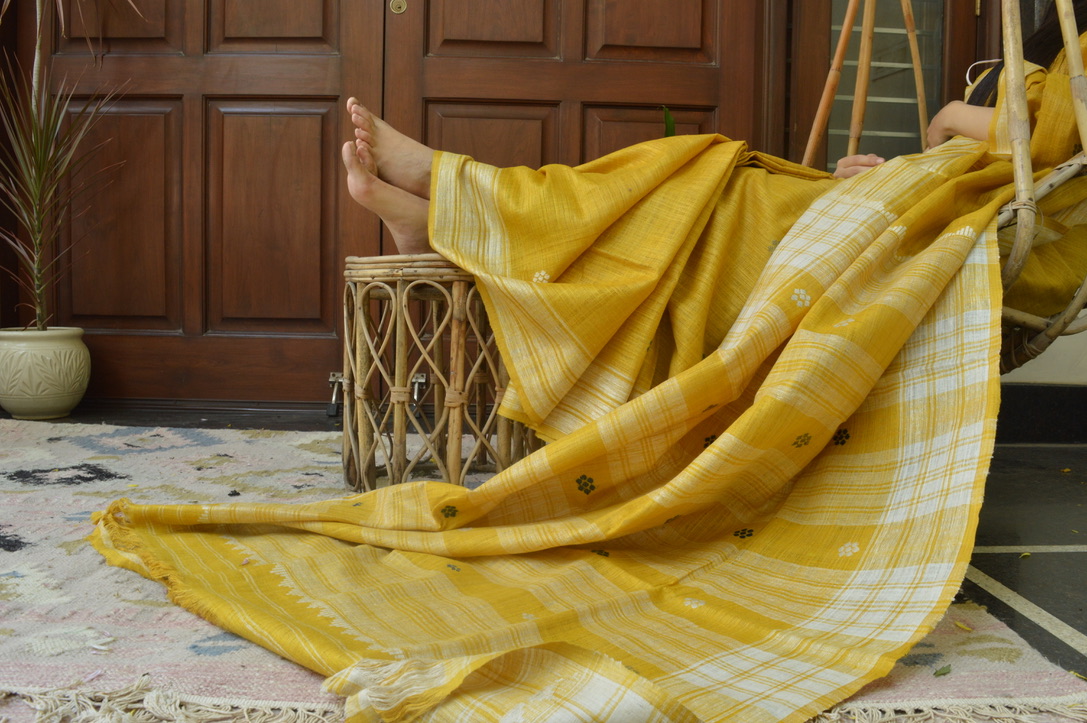
Silkworms, Cocoons and The Ahimsa Silk
The widely famous Kanjeevaram and Banarasi Sarees which we’ve all heard of and someone we know owns, are woven out of the “Mulberry Silk”, which contributes to around 90% of the world’s silk production.
Muga, known quite well, is on the other hand, as Unmana tells us, pretty expensive and therefore not that popular in India.
But Eri is neither known about outside of the North-East India nor are people aware that it’s called the Ahimsa silk let alone why it is called that.
And that’s what Unmana wanted to work on. She revealed the other kinds of silks are traditionally produced by throwing the live cocoons of silkworms into boiling water.
But the Eri silk is woven from a yarn that’s harvested out of empty cocoons, because before production begins, the moths are allowed to exit, leaving a hole on one side of the cocoons. This results in the silk not having a Mulberry level sheen or richness to it. And for this reason Eri is also locally known as “The poor man’s silk”.
Another wonderful fact about Eri is that it can be dyed with natural colors because it absorbs them pretty well.
Arras- A believer of Sustainability
To bring this wonderfully remarkable Eri silk at the world’s disposal, Unmana came up with “Arras-A sustainable clothing brand”.
Arras is committed to providing the world with sustainable clothing which is ethically made with natural fibers. Another interesting fact that sets them apart is that they don’t use any sort of machinery to weave the clothes. They majorly make use of wooden handlooms and spinning instruments and nothing mechanized at all. And all the work’s done by hand.
Currently, Unmana is working with the weavers of 2 villages in Assam, namely, Boko and Simina. In those villages there are Master Weavers who’ve had on and off training from government institutions who supervise other weavers. Unmana interprets the market trends of the industry and incorporates them in the clothes they weave, giving extra attention to North-Eastern hint in them.
Other than Arras’ star fabric which is Eri, the brand’s absolutely natural fabric-oriented inventory includes Cotton, raw Mulberry silk and Cotton-Silk which are used to weave Sarees, scarves, dupattas and stoles.
With Arras, which in English means “A rich tapestry”, Unmana hopes to create a space in the market for sustainable clothes. “The journey of building Arras has been pretty rewarding for her.
Extremely grateful to her parents, Unmana said, she was fortunate to have had a great support system, especially when she decided to quit her well-paid job and embark on a new venture.
She also added that it has helped her enhance her networking because in Guwahati she had to start working from scratch, in terms of weavers, suppliers and customers. The whole experience has complemented her personality to a great extent.
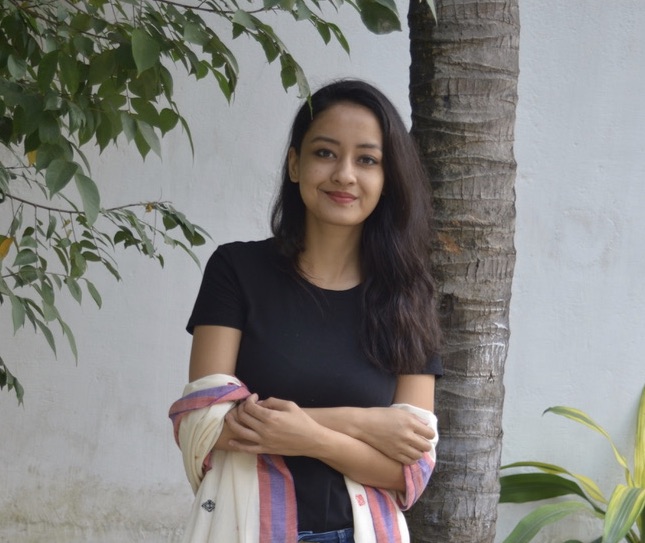
Arras’ Message To The World
“At Arras, we believe in the possibility of a better future for the planet and everyone on it. As a business, we are working towards building a supply chain that is kind to the environment and empowers the local communities. Our timeless designs are handmade, providing fair wages to and equipping our artisans with a secure livelihood”, Unmana said with pride.
So if you, just like me, are completely awe-struck by the cultural wonders of the Eri Silk and the North-East and if you wish to contribute to the cause as great and imperatively essential as Sustainability, Arras is the place that deserves your business.
(Plus, you get the added satisfaction of having saved some caterpillar lives!)
“We talk a lot about climate change and sustainability and it’s something I believe in. That’s why I think Arras is not just a place to buy clothing from; it is a space for an inclusive society, whether it’s in terms of sustainability, livelihood or diversity.”- Unmana Rynjah, Founder, Arras

